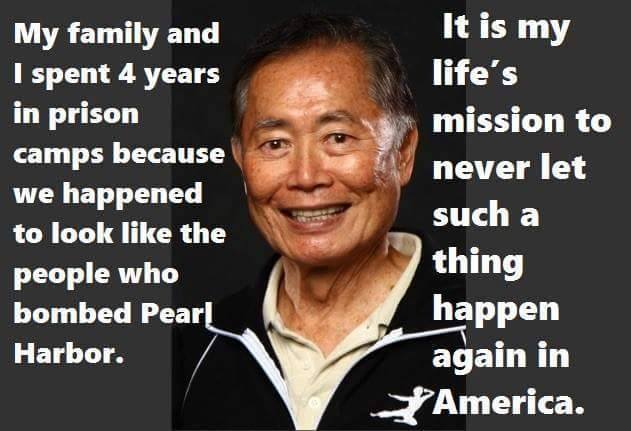My friend E-Jay Morris recently asked the following interesting questions.
How many people telling me what Jesus would do want to extend their love to Jared Fogle? Or Dylann Roof? Or Kim Davis?
How many of you, on September 11, 2001, said, “I think I’ll pray for our attackers,” as you watched the towers crash?
How many of you think Jesus would tell a pregnant woman it’s “her choice?”
My Answer
Putting both the religious and the specific issues referenced aside for now… My book club recently read the novel, Defending Jacob. Defending Jacob also reminds me of the novel We Need to Talk about Kevin. I recommend both books, both of which in very different ways ask through compelling fiction the question what would you do if your own child was accused of or known to be guilty of a brutal murder?
For someone who loves their own child–and who may say they would unconditionally love their own child no mater what–the question tells us how someone who loves all humans might want to behave.
It’s possible to love your murderous, psychologically sick child–and thus not inherently want your beloved child to suffer–but still agree with the use of force to stop the child if needed to protect others such as by putting the child in jail. Right?
There is a difference between:
(a) using force as a last resort when needed to protect people because in our love of all people we love the people we are trying to protect as opposed to
(b) wanting someone to suffer, which usually occurs with anger, hate and self-righteous judgement.
Right?
None of us is perfect. But it’s easy to want to believe our wrath against criminals, against alleged terrorists, or simply against the other side in a war is justified with fierce judgement. And it’s not necessarily false. But often it might be. And would it be unexpected from an imperfect people like you and I who neglect the 18,000 children–children–who starve to death every single day?
Again through fiction, the stories in Holding Fire: Short Stories of Self-Destruction show how hate and vengeance cause us to destroy not just others but ourselves. The beautiful fictional stories come not from Hollywood-type writers, but from talented everyday people like you and I.
I think these ideas apply across all religions including atheism.
However, if the question of Jesus matters to you, whether because you’re Christian or because you think he gives great advice in the Bible, here’s some of Jesus’s most fundamental teachings:
Matthew 6:14-15
For if you forgive men when they sin against you, your heavenly Father will also forgive you. But if you do not forgive men their sins, your Father will not forgive your sins.
Luke 6:37
Do not judge, and you will not be judged. Do not condemn, and you will not be condemned. Forgive, and you will be forgiven.
Luke 23:33-34
When they came to a place called the Skull, there they crucified him, along with the criminals – one on his right, the other on his left, Jesus said, “Father, forgive them, for they do not know what they are doing.”
John 8:7
When they kept on questioning him, he straightened up and said to them, “If any one of you is without sin, let him be the first to throw a stone at her.”
What do you think? What would you do if your child committed an atrocity? Do you hope to treat other humans differently than your child or do you hope to show the same love to all humanity? These questions aren’t rhetorical. Please post your answer in the comments! 😀

